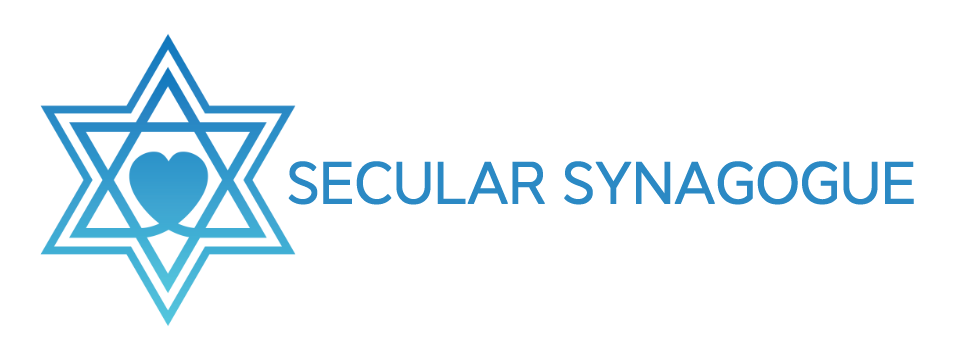Digital Shabbat
Sometimes there seems to be something going on with the cultural zeitgeist and I see a lot of the same type of messages or ideas floating around all at once. This may be due to social media algorithms that ensure that once you click on something you’re more likely to see similar posts. And that leads to a whole discussion about the “bubble” created by social media and the pros and cons of that. That discussion is connected to, but slightly outside of, what I want to speak about here.
In this case, the content isn’t simply algorithm-driven because I’ve seen similar ideas put out by people I follow regularly, and people who tend to write/post/talk about very different things. Ironically, I came to all of these posts/ideas in the digital space, and all of them are talking about the same thing: a digital Shabbat.
What is Shabbat? Shabbat, or sabbath, is the day of rest. For Jews, this has been a cornerstone of Jewish life, keeping a special and sacred time each week for renewal, for connecting with family and, more recently, for unplugging.
The internet and smartphone technology have utterly changed how we work and live. Once, we could leave work and really leave work. No one would call us on our landline unless there was something really urgent. Now we are always at work, for we carry it with us in our pocket. We are supposed to be always accessible to bosses, co-workers, and friends. Ironically, this constant connection has left us feeling very disconnected indeed. We seem to be sacrificing the quantity of posts, likes, messages, for the quality of real-time personal hangouts.
This month there has been a lot of discussion of all of these things. Tiffany Shlain, a filmmaker and “internet pioneer” came out with a book all about how she and her family observe a “digital Shabbat” - a screen-free 24 hours each week:
There was a great Judaism Unbound episode about it:
Around the same time, I read this great piece by Rebecca Sirbu, who I got to know from Rabbis Without Borders:
And almost at the same instance this video about “what matters” came across my desk from a tech writer friend.
What all of these people have in common is that their work is not only happening in the tech space, it is often about the tech space. These are not luddites who feel like technology is an encroachment on “real life.” These are people who know that real life and technology are now bound up together. And yet, and still, we need breaks.
I’ve been really interested in Judaism and the digital sphere lately. I started an online community called SecularSynagogue.com because I was sick of scrolling through my social media and being left empty. I want to fill that space with content and community that actually add joy and meaning to life. I’m also aware of the power of Jewish teachings, for example around Shabbat, and wanted to bring those to where people are at. And where people are at is their couch, scrolling through social media. In our group, one of our members led a talk this month on Digital Shabbat. You may think it’s ironic that our online community is talking about taking breaks from the online world. But it’s not! The goal is to figure out how we engage in a way that is healthy and happy-making.
For someone looking for a Shabbat “getting started” guide: On Friday night, light some candles, have a relaxed dinner, connect with family or friends, and unplug (literally and metaphorically). On Saturday plan some time for rest. Some people take the whole day to rest and some try to slot in some time. Don’t let this be another stressful thing to add to your list! Ask yourself: what do you need to feel rested this Shabbat?
I’ve been trying out digital Shabbats - trying to limit or forgo tech use one day a week (it isn’t always a Saturday). Sometimes I like it and sometimes it’s hard... I itch to check what’s going on with social media or email. I’ve also been working on limiting my tech usage in other ways: no tech 30 minutes before bed or first thing in the morning, keeping limits on what I use tech for after 7:00 pm (Netflix yes, work email no). I want to experiment with how I can be the master of my tech and not the other way around.
How about you? Do you do Digital Shabbat? How’s it working for you?

